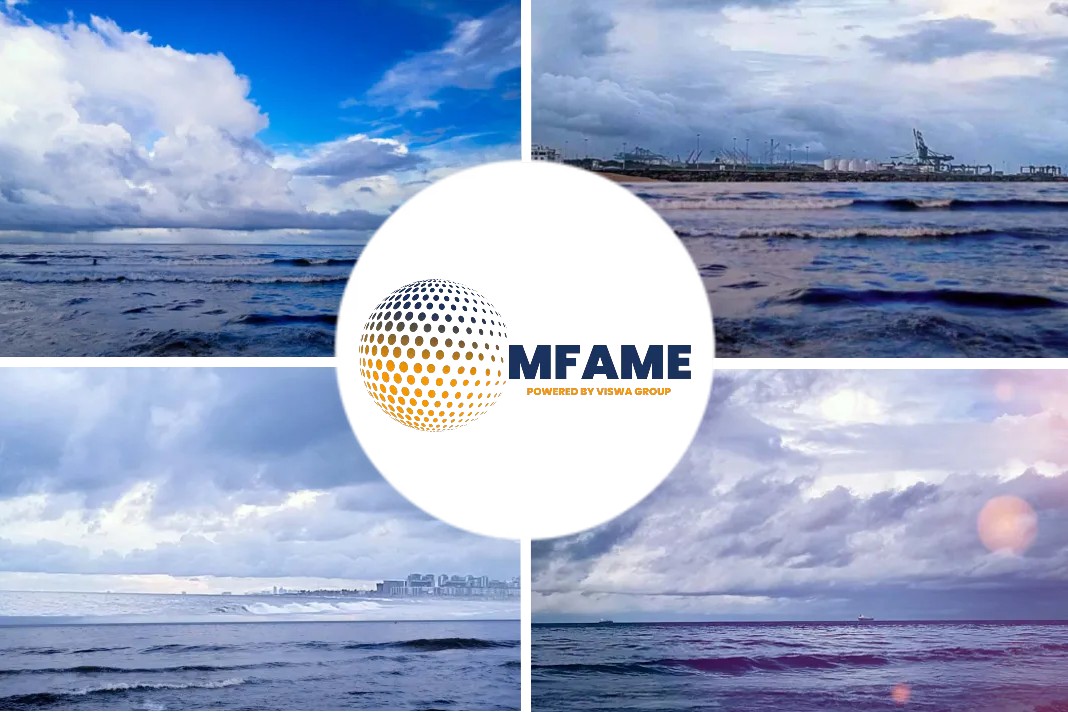- This transoceanic voyage is the world’s first case of a vessel using autonomous navigation technology.
- Its artificial intelligence recognizes the surrounding environment, such as weather and wave heights, and nearby ships, and then controls the vessel’s steering commands in real-time.
- Avikus was launched in December 2020 as the first in-house venture of Hyundai Heavy Industries Group.
Avikus, a subsidiary of HD Hyundai, has successfully navigated a huge ship across the ocean autonomously, making it the first company in the world to do this feat as reported by Hyundai.
Autonomous navigation
Together with SK Shipping, Avikus, which specializes in autonomous navigation, announced on June 2 that it had successfully completed autonomous navigation of PRISM COURAGE,” a 180,000 square-meter-class ultra-large LNG carrier.
The vessel is equipped with HiNAS 2.0, Avikus’ Level 2 autonomous navigation solution.
This transoceanic voyage is the world’s first case of a vessel using autonomous navigation technology.
The PRISM COURAGE departed from the Freeport on the southern coast of the Gulf of Mexico on May 1, passed through the Panama Canal, and finally arrived at the Boryeong LNG Terminal in South Chungcheong Province in Korea after 33 days.
Its artificial intelligence recognizes the surrounding environment, such as weather and wave heights, and nearby ships, and then controls the vessel’s steering commands in real-time.
Real-time monitoring
In this ocean crossing, the PRISM COURAGE equipped with HiNAS 2.0 was operated autonomously on the optimal routes, increasing the fuel efficiency by around 7% while reducing greenhouse gas emissions by about 5%.
Also, the system accurately recognized the locations of nearby ships during operation to avoid collision about 100 times.
This voyage was conducted under real-time monitoring of the American Bureau of Shipping (ABS) and the Korea Register of Shipping (KR) to verify the performance and stability of the technology.
Avikus plans to commercialize HiNAS 2.0 within this year after receiving a certification from ABS for the results of this self-propelled ocean crossing.
Autonomous navigation technology is drawing attention as an innovative technology for future maritime mobility because it can solve workforce shortages in the maritime transportation industry, reduce pollutants, and improve safety by completely removing the possibility of human errors.
Equipment market
According to Acute Market Reports, a global market research firm, the autonomous navigation ships and related equipment market is expected to grow at an average annual rate of 12.6%, reaching USD 235.7 billion in 2028.
Captain Young-hoon Koh of the PRISM COURAGE said, “Avikus’ autonomous navigation technology was greatly helpful in this ocean-crossing test especially for maintaining navigating routes, autonomously changing directions, and avoiding nearby ships, which were all increasing ship crews’ work conveniences.”
He added, “We will lead innovation by upgrading autonomous navigation solutions not only for large merchant ships but also for small leisure boats.”
Avikus was launched in December 2020 as the first in-house venture of Hyundai Heavy Industries Group.
It succeeded in conducting the first fully autonomous operation of a 12-seater cruise ship in Korea.
Did you subscribe to our newsletter?
It’s free! Click here to subscribe!
Source: Hyundai

















